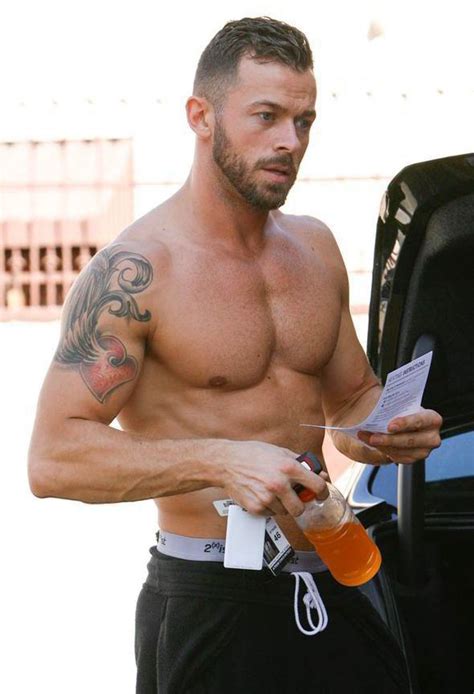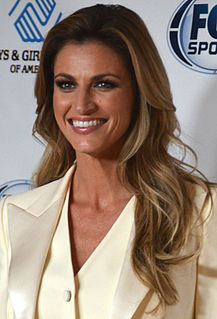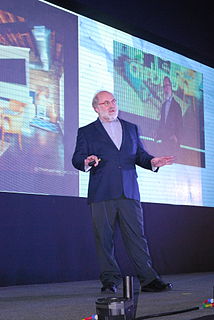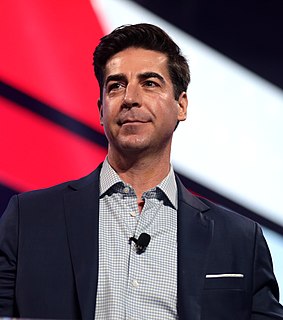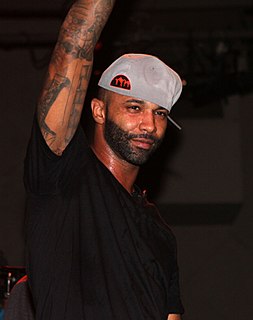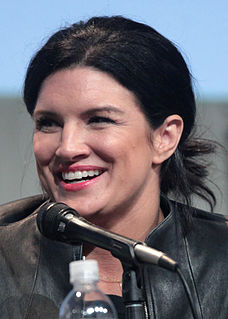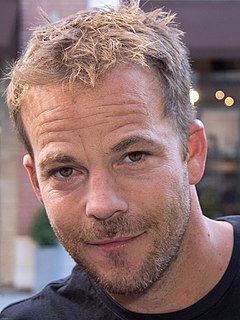A Quote by Artem Chigvintsev
You get used to cameras being with you 24/7, but you have to be prepared for people to have an opinion.
Related Quotes
I've been doing photography in one form or another for, oh golly, over seventy years. I don't carry cameras. I used to. For many years I carried cameras wherever I went. Photograph whatever I saw that was of interest. In the last years, I've only used cameras to explore thematic ideas which presented themselves first. And then bring out the cameras to try to explore that idea.
The way social media is now, and people are with cameras - we all live different lives whether you're in the spotlight or not. I mean, you can't be a boss or an executive of a big time company and act a fool, because there are cameras everywhere and people are going to document it and take pictures. I'm not used to stuff like that.
I think there are two different types of people in television. There are people who can turn it on like a switch when the cameras go on, and then, when the cameras go off, they kind of lower it down a little bit. And then there are people who are on all the time, no matter if the cameras are there or not.
This uses a lens system, which I have used for years in various different ways, but I've never used it in the context of an interview. This is the very first time that I've done that. It's a lens called The Revolution, so it allowed me to interview Elsa [Dorfman] and actually operate the camera. Well one of the cameras, because there were four cameras there.
I had to get used to seeing Samantha Bee around. I had to get used to seeing Jon, like, getting a bagel, and to John Oliver, and all these people whom I had seen on TV. Colbert would sometimes drop by. I had to get used to being a part of this multiple-Emmy-winning machine and being this 22-year-old black girl who was really green.
Children are prepared for democracy by being led to discuss current events without first learning the systematic subjects (politics, economics, history) which are necessary in order to discuss them. The Mole effect is to substitute slogans and superficial opinion for considered individual thought. And the opinion is that of the lowest common denominator of the group.
I used to get upset with the word Bollywood, and what it means in the West. The stereotype of us being dancing, singing, puppet showgirls. Indians are nearly one fifth of the world's population; we have one of the most prolific film industries in the world. When people used to ask me about it, or replicate what they think is Bollywood dancing, thinking that they're being funny, I used to get offended. But now I show them the stuff we do.
